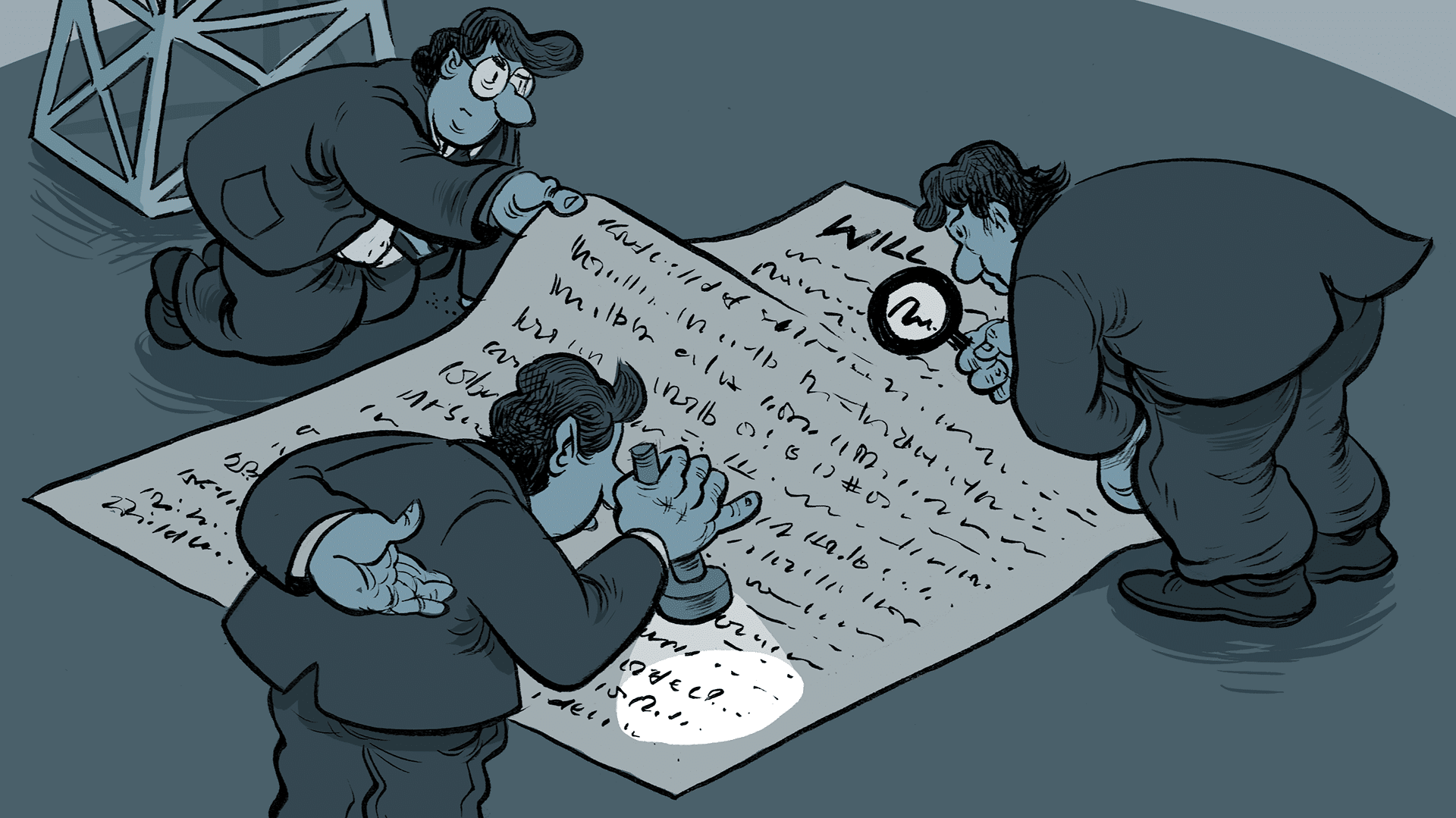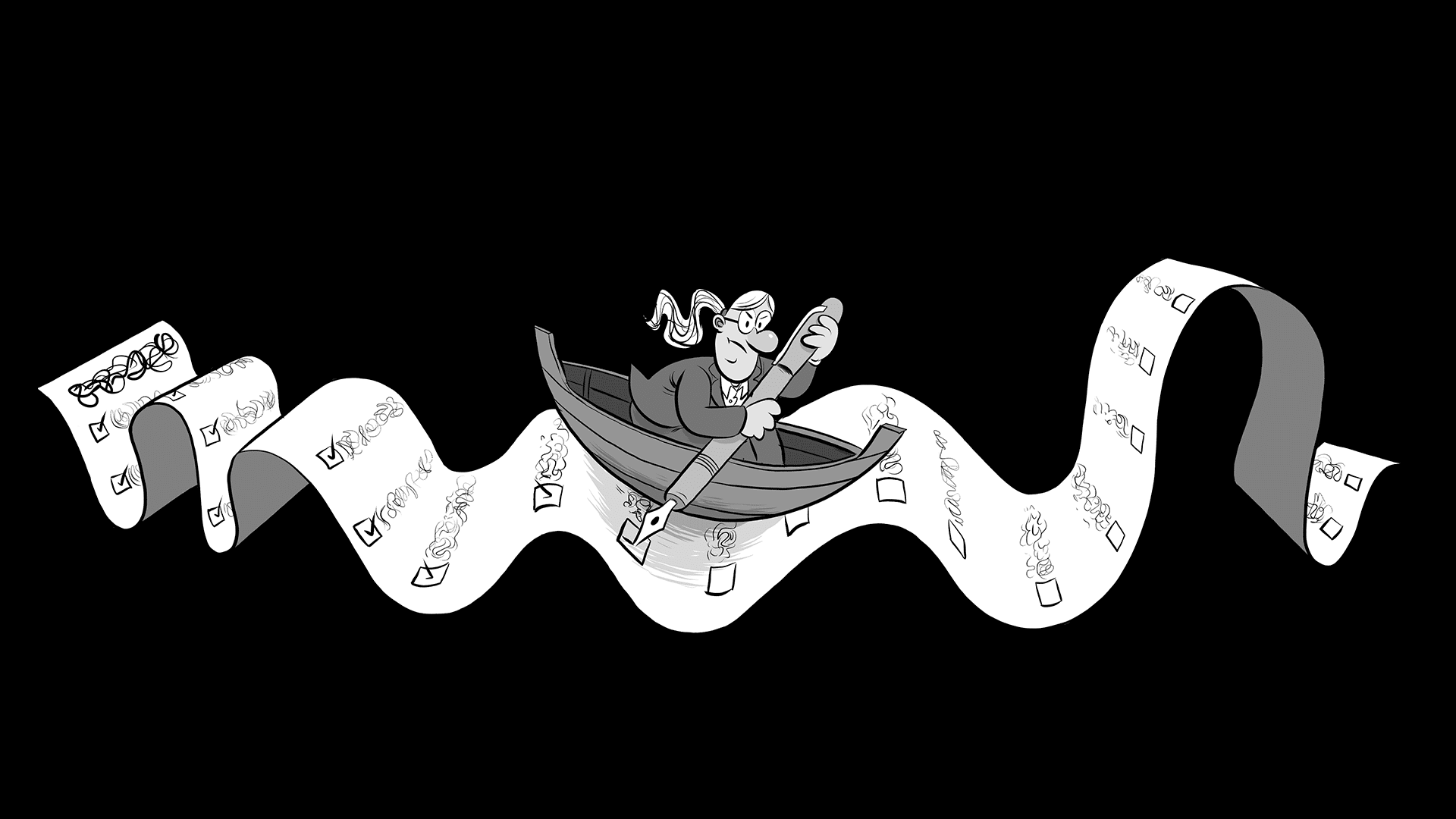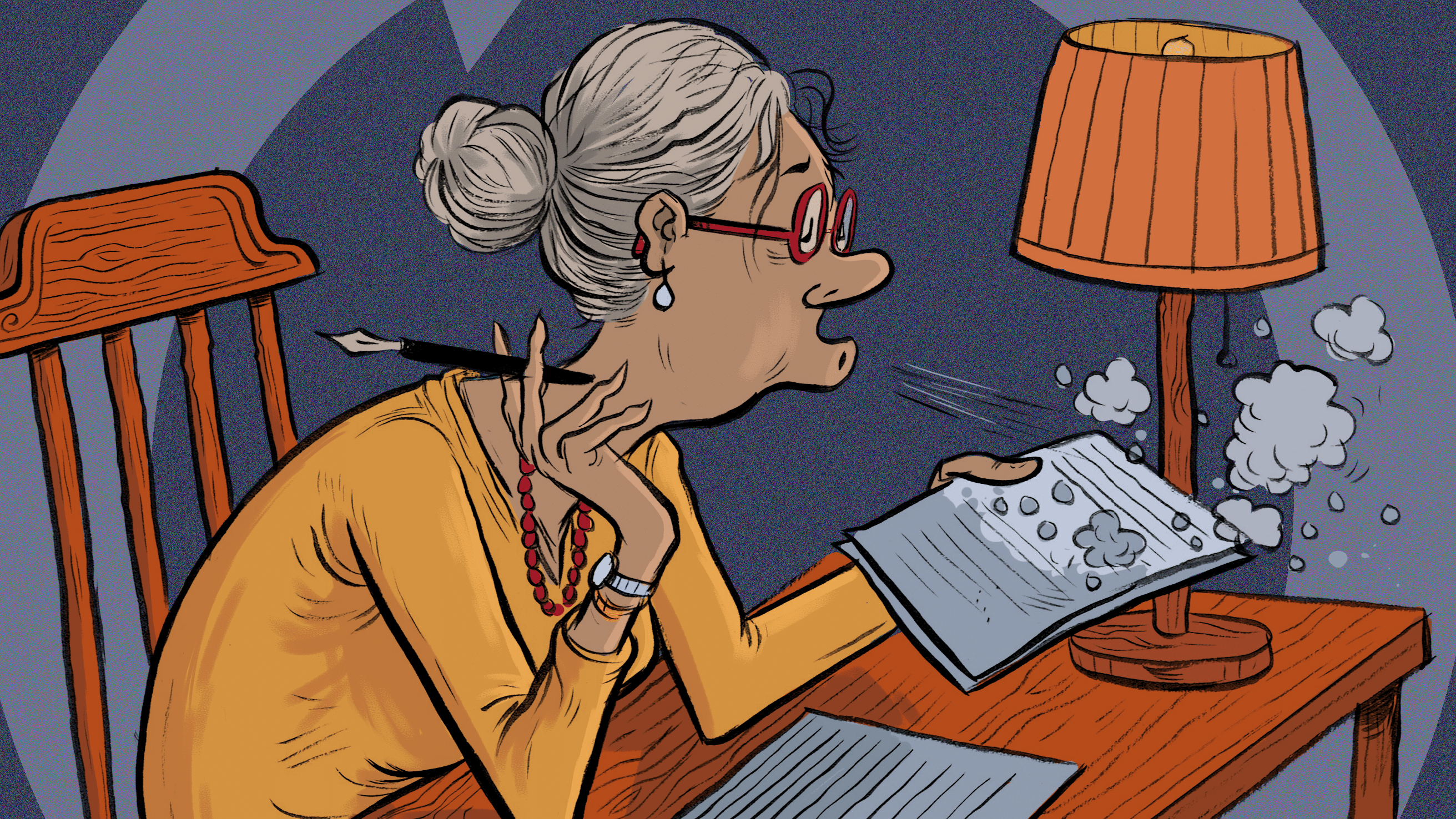
The MoneyTalk guide to Trusts
If you think Trusts are only for wealthy children waiting to obtain family riches, think again. Here is a simple guide to how Trusts can be an important part of an estate planning toolkit.
Here’s a common enough situation: A widow with adult children remarries. It’s a match made in heaven, except for one little vice that their new spouse has: They like to spend. Overspend. Really max out those credit cards.
As a result, our widow comes to realize they need to think carefully about estate planning should they die and be survived by their new spouse. They really would prefer their assets, such as their home and investments, to be eventually received by their children. However, they also want to make sure their new partner is taken care of in the meantime, and doesn’t fritter away the assets.
In a case like this a Trust can be an important part of an estate planning toolkit. “Executed correctly, a Trust can be a solution for a person who may want some control over how their assets are distributed upon their passing,” says Susan Mabley, Associate Vice President, TD Wealth Private Trust.
“This is especially true where there may be uncertainty about a child or a spouse’s ability to manage money, whether their children are minors or if someone in a second marriage wants to ensure their assets ultimately are received by their children.” As Mabley says, Trusts can be a beneficial tool in a number of situations. If you have ever wondered if you need a Trust, or have questions about how Trusts work, this guide may help you.
What is a Trust?
A Trust is a formal, documented transfer of assets — such as cash, investments or property — that is managed by a trustee for specific beneficiaries. A trustee can be one or more individuals, or even a Trust company. The Trust documentation would include specific instructions on how the assets are to be held, managed and distributed for the benefit of one or more beneficiaries.
There are two basic types of Trusts: An Inter Vivos or “Living” Trust, that is established during a person’s lifetime, and a Testamentary Trust, which is established through a Will and comes into effect upon an individual’s passing. When assets are transferred to a Trust, legal title to an asset is transferred to the care of the trustee, who is then responsible to follow the terms of the Trust, as per the agreement or Will, and to manage and distribute the assets for the benefit of the beneficiaries.
A Testamentary Trust is often used to manage money and costs for minor children after a parent dies. It may also protect an inheritance in case of a recipient’s divorce. An example of how one might use an Inter Vivos Trust is to hold and manage a family cottage. A person can set up a Trust to hold the family cottage as well as investments meant to generate income to support the ongoing maintenance of the cottage. That same person can remain the trustee while they are alive, but appoint successor trustees to take over upon their passing. The Trust provides the opportunity for the original owner and future generations to enjoy the cottage for many years to come.
What is the purpose of a Trust?
Inter Vivos and Testamentary Trusts can be used for many purposes and are often referred to by terms to describe their use. Some examples may include: Family Trusts, Cottage Trusts, Alter Ego Trusts, for individuals 65 and older, Henson Trusts for individuals entitled to government disability benefits, and many more. At their core, Trusts offer a means to manage financial affairs in the present or in the future. One purpose is the ability to ensure that assets are managed for people who may not be ready or able to manage the assets themselves, such as minor children. A Trust could also be used to ensure that assets are transferred to future generations and grandchildren yet to be born. They can even support charities on an ongoing basis.
Benefits of a Trust
Besides controlling the use and distribution of assets, a Trust can help protect assets from creditors. Take the case of a second marriage, as in the scenario at the beginning of this guide: If our protagonist were to pass away and leave all the assets in a Trust, creditors would not be able to access the assets in the Trust should their spouse encounter financial trouble down the road. Another potential benefit? Unlike a Will, Trust documents are not public, and so offer some privacy.
How much money do I need to set up a Trust?
There is no specific amount of money required to set up a Trust. However, there are costs associated with a Trust that need to be considered: There are legal fees for the creation of Trust documentation, ongoing compensation to trustees for the accounting and management of the Trust, and the cost of an annual tax filing since a Trust is considered a legal taxpayer by the Canada Revenue Agency. In the case of an Inter Vivos Trust, there may be a “deemed disposition” when an asset is transferred to a Trust, meaning that taxes on any appreciation or gains may need to be paid at the time. In the case of a home or cottage, where values have skyrocketed in recent years, that could be a substantial amount.
What is the difference between a Will and a Trust?
A Will is a legal document expressing a person’s wishes after death. It may address the guardianship of minor children, and bequeathing objects and assets to loved ones and charities. It is only applicable after death. A Trust can also address the transfer or use of an asset, but it can be implemented at any time during life or after death. “You can have both,” says Mabley, “and they are both valuable ways of managing your assets and estate.”
Revocable vs. Irrevocable Trusts
The settlor of a Revocable Trust, or an Inter Vivos Trust may change its terms at any time. They can change beneficiaries and modify how assets within the Trust are managed. It can be a flexible arrangement while the owner is still alive. An Irrevocable Trust is set in stone once the Trust document is signed. The main reason to create an Irrevocable Trust is taxes: An Irrevocable Trust may mean that the asset does not pass through the Will and is not a taxable estate asset upon death.
How do I start a Trust?
Trusts require the help of a qualified attorney or Trust and estate professional who can help you determine the best type of Trust for your situation. They can also help you to draft the Will or Trust documents, with clear language around beneficiaries, trustees, and use of the asset.
“It’s important to use professionals to ensure a Trust is the right solution for you and that the Trust terms capture the intended wishes of the person setting up the Trust,” says Mabley. “Equally important is the selection of one or more trustees, as the responsibilities for the management of a Trust can be onerous, and the use of a professional trustee may provide a good option.”
DENISE O'CONNELL
MONEYTALK LIFE
ILLUSTRATION
DANESH MOHIUDDIN















